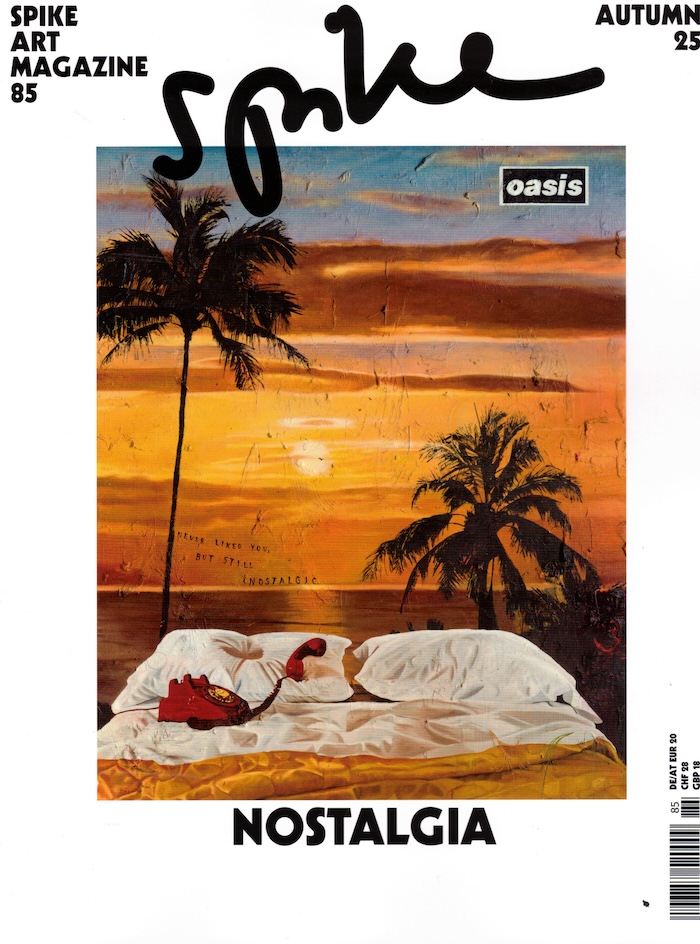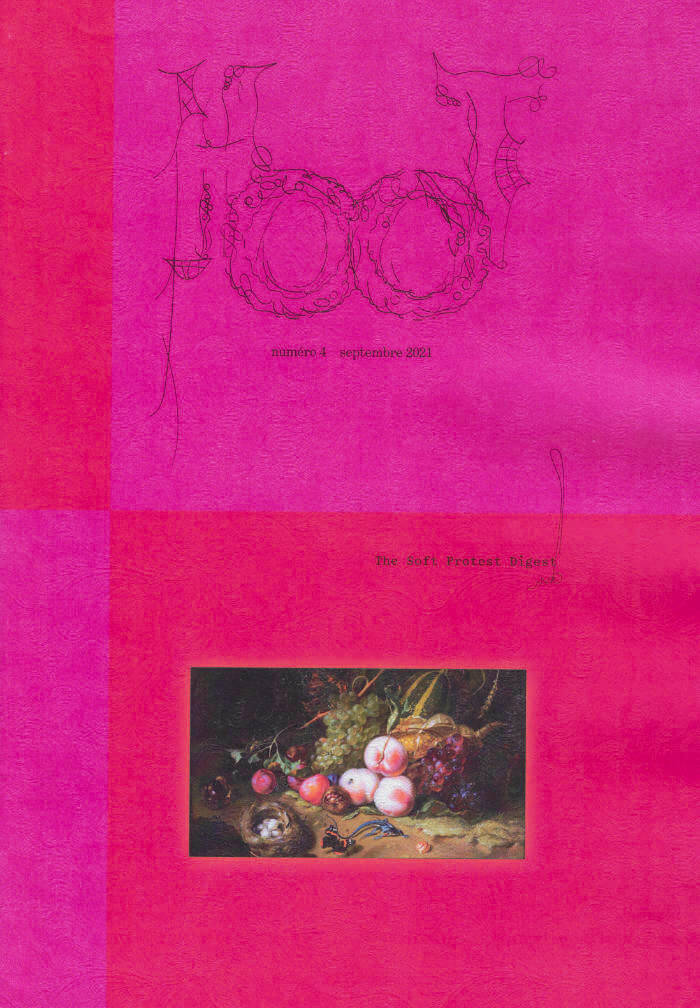
HOOT nr. 4 — The Soft Protest Digest
Gufo ed., Clément Faydit ed., Rozenn Voyer ed.
The Soft Protest Digest centre ses recherches sur l'histoire de l'alimentation, de l'agriculture et des liens sociaux et politiques qui constituent une culture alimentaire. Le collectif croit en l'utilisation de la narration comme moyen de créer ou d'adapter des traditions alimentaires, des recettes et des façons de se nourrir qui tiennent compte de l'héritage culturel et des liens émotionnels entre celleux qui mangent et la gastronomie locale, dans une quête de résilience alimentaire.
Gufo a souhaité rencontrer les membres de ce collectif afin d’explorer les nécessités alimentaires dans lesquelles s’inscrit The Soft Protest Digest. Et puis, très vite, une intrigue s’est créée autour du nom de ce collectif : qu’est-ce qu’une douce manifestation ? Quels sont les liens avec l’alimentation ? Pouvons-nous doucement contester ? C’est-à-dire sans frustration ni violence ? Ce nom a fait écho à une édition dont j’ai imprimé le titre il y a quelque temps, il s’agit de “Radical softness as a boundless form of resistance”* ( dont la traduction pourrait être Une douceur radicale comme forme infinie de résistance). Pouvons-nous associer douceur, résistance, radicalité et alimentation ? Gufo vous invite alors, à lire nos conversations qui divaguent mais surtout à imaginer des banquets partagés dont la joie et les ventres pleins seront les témoins d’onctueuses révoltes.
Language: French
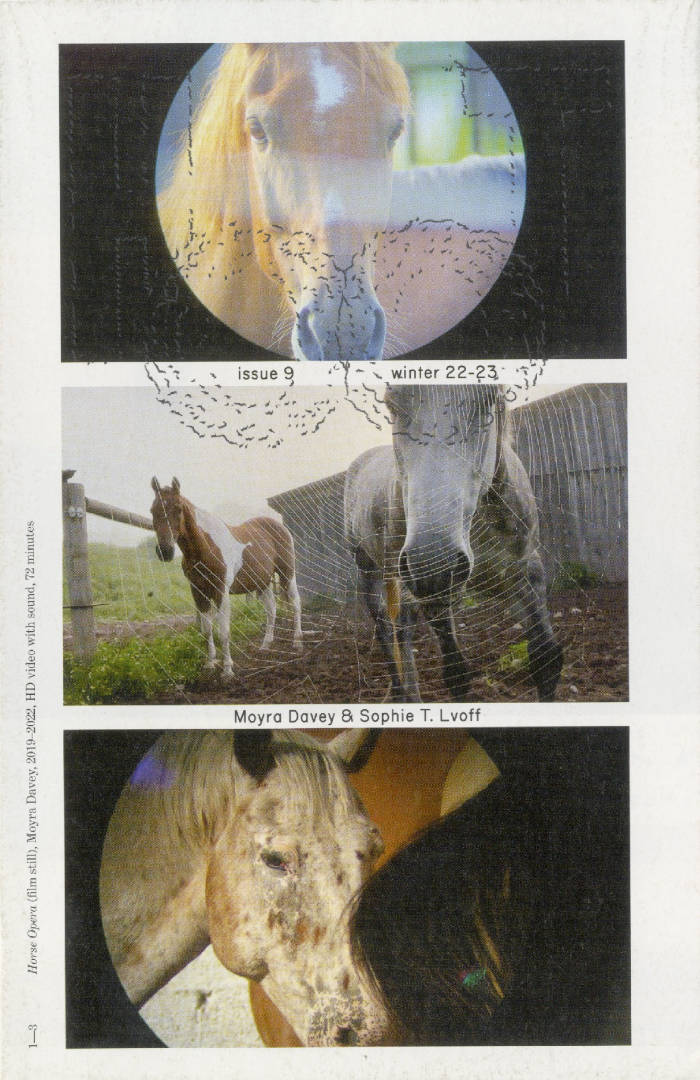

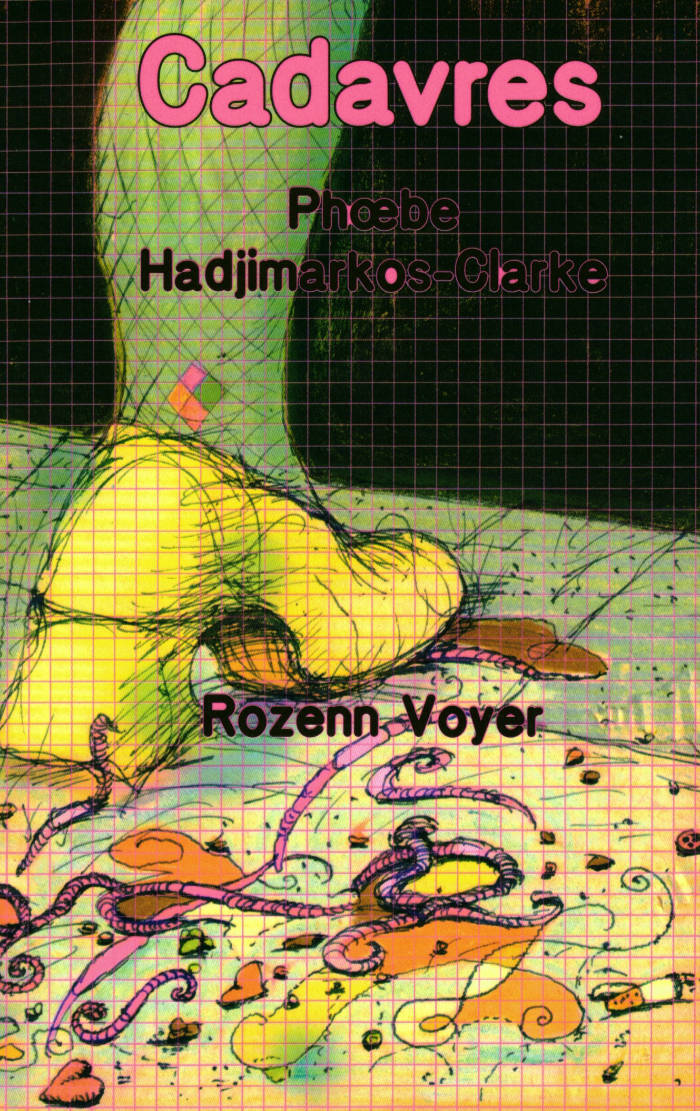

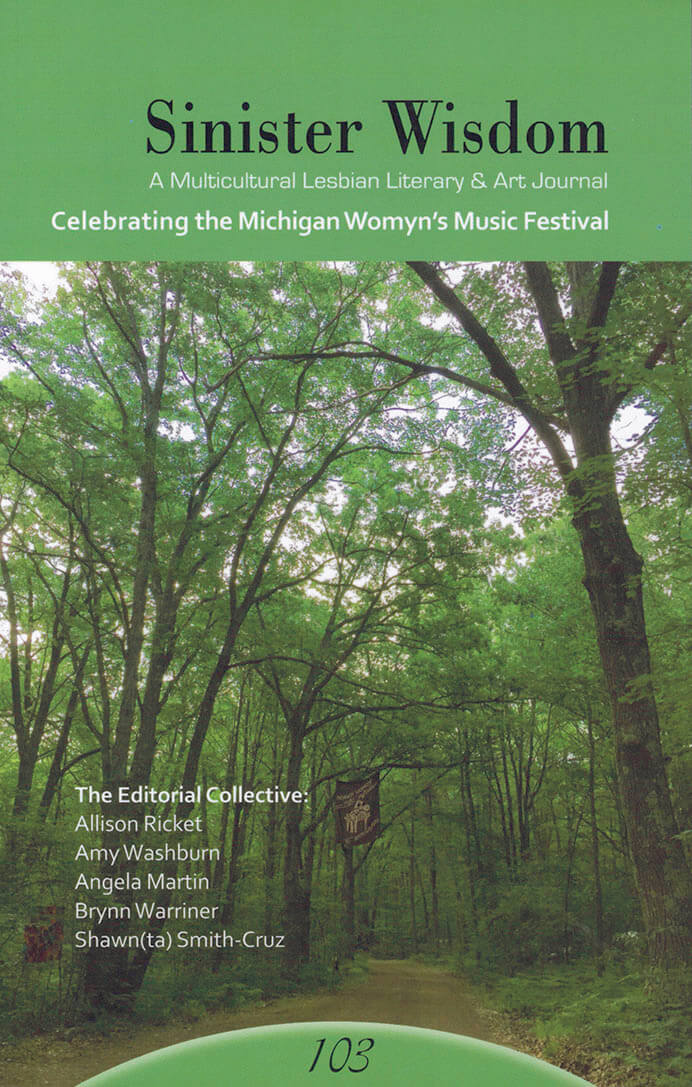
![Cover of OEI #94-95 Geografier [Geographies]](https://rile.space/storage/1488/0216_Scan2022-04-15_140650_004.jpg)

